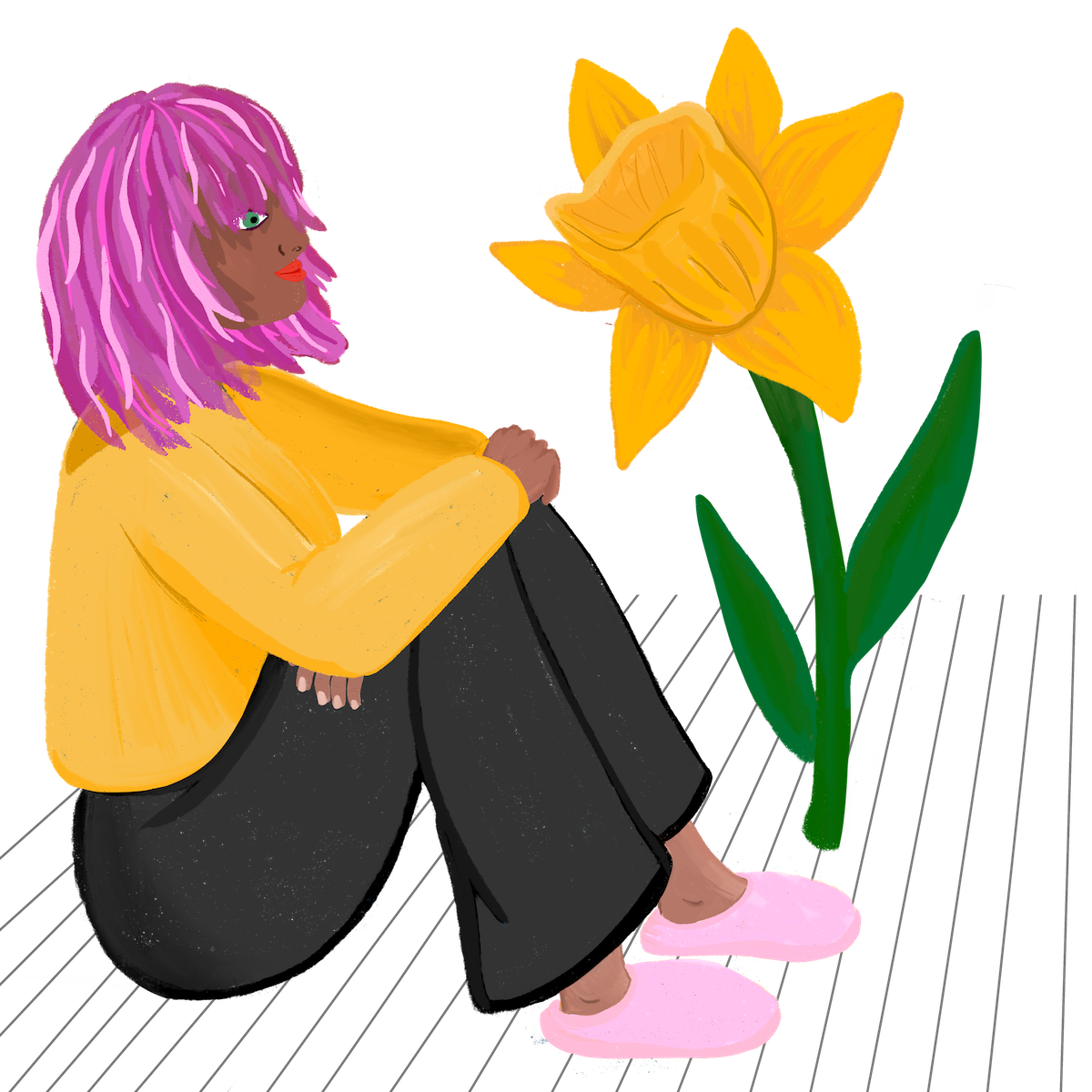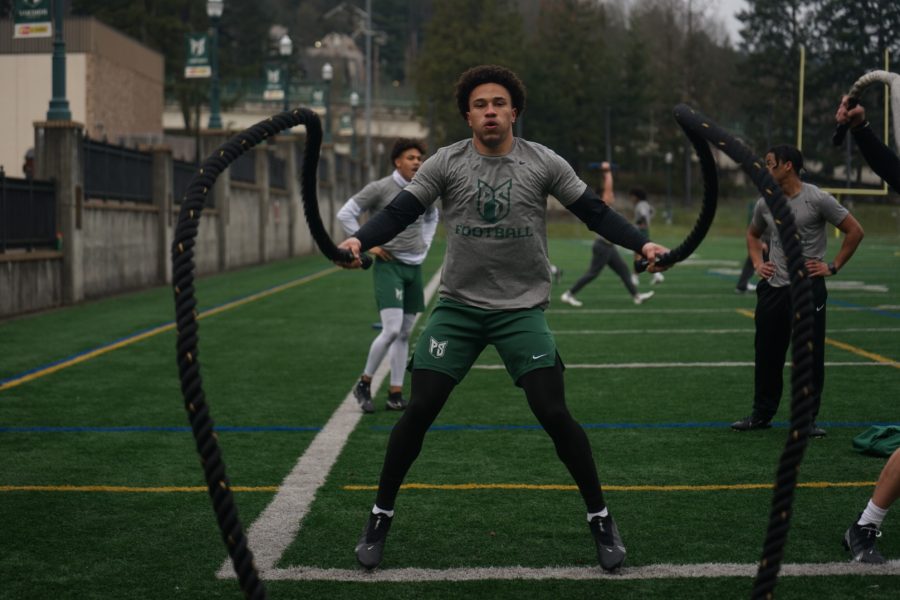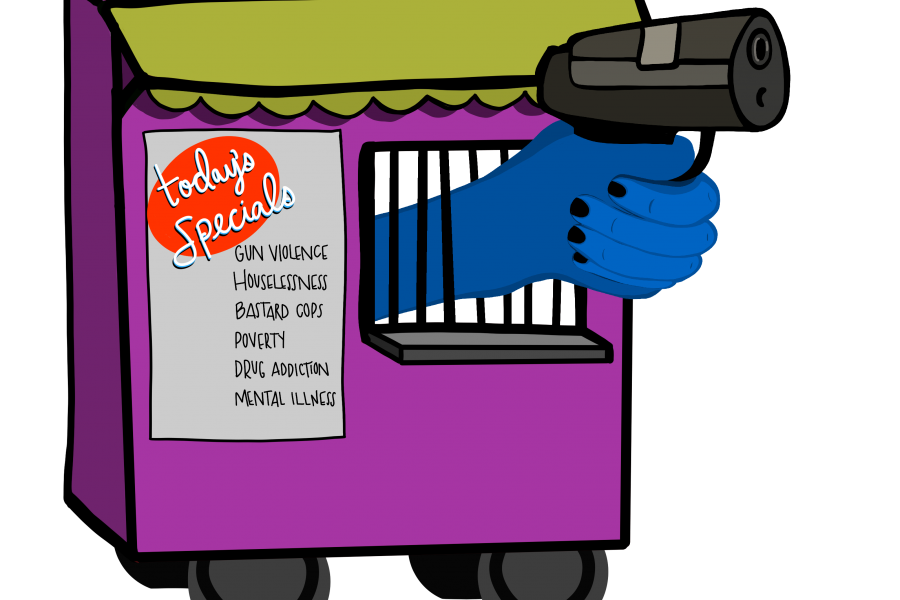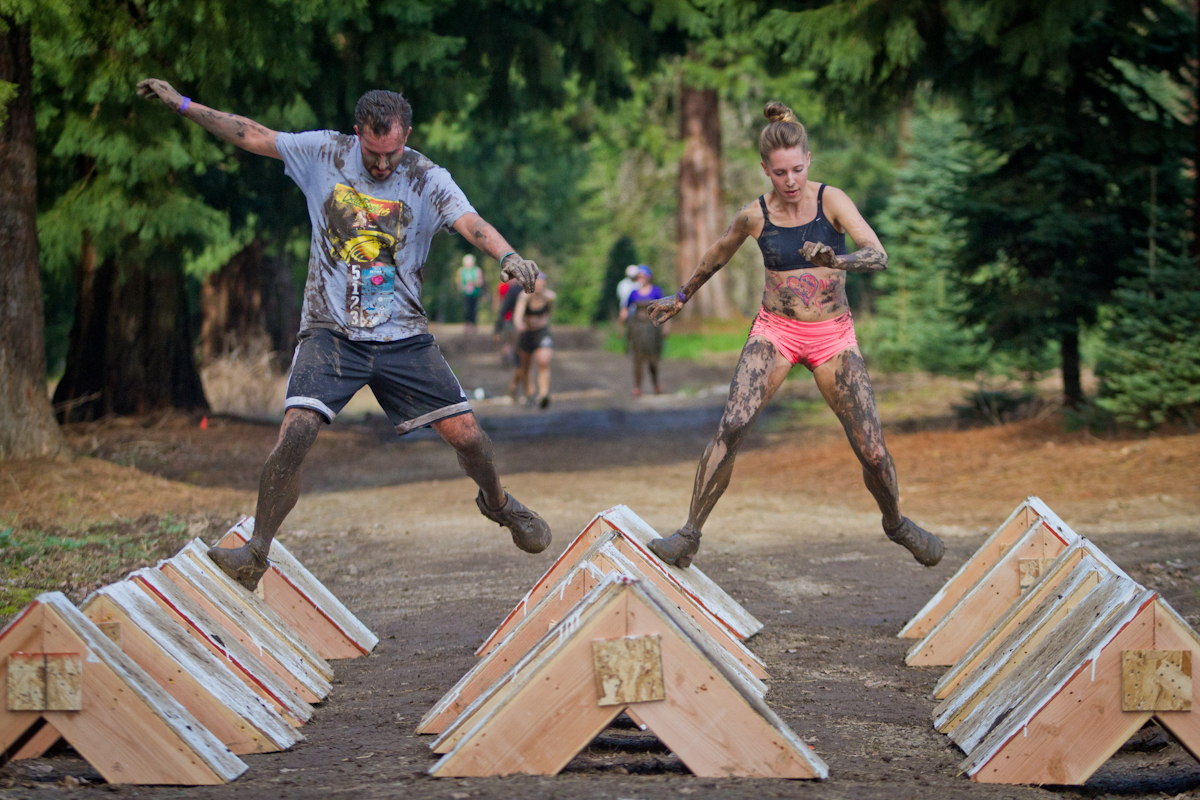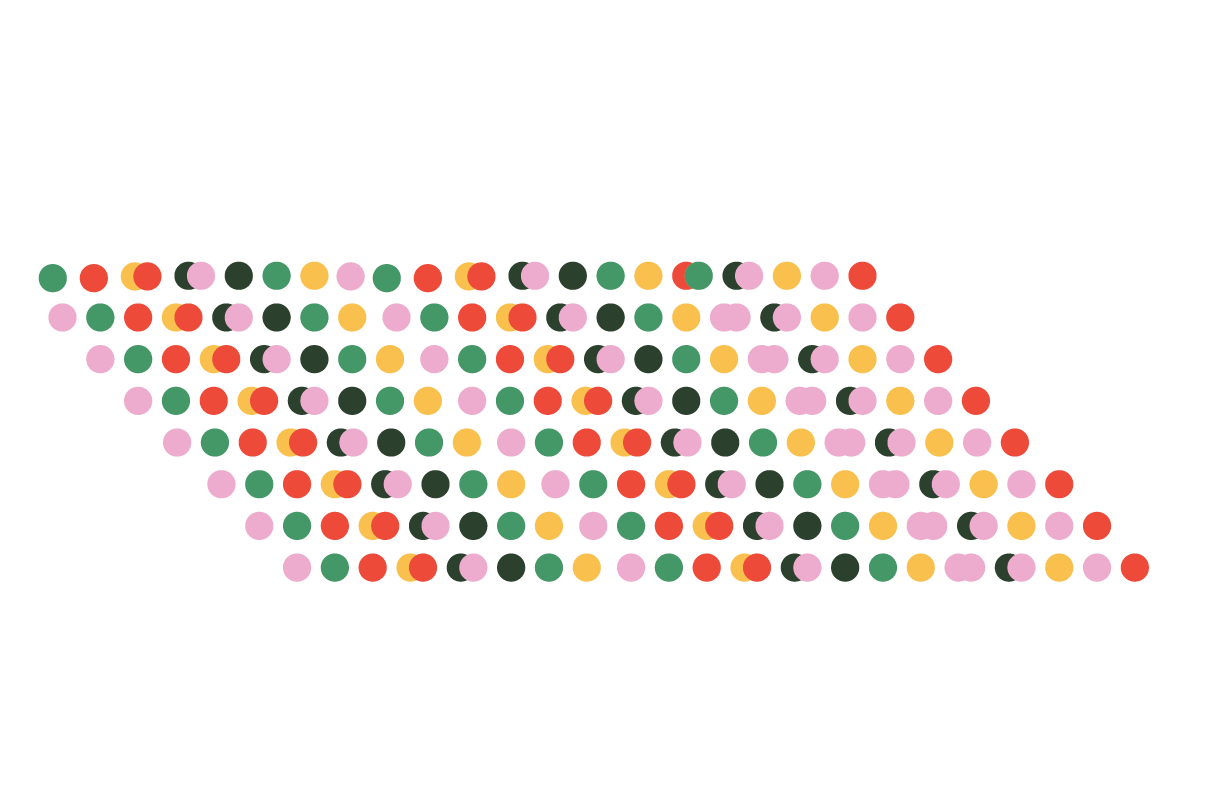“When culture is based on a dominator model, not only will it be violent, but it will frame all relationships as power struggles”—bell hooks
From our first moments of cognitive consciousness, we are bombarded with stories and cues that imprint our culture’s values upon us. A very particular model of love is imprinted first through our parents and, following that, through our siblings and primary family members. As small children, we vivaciously consume all of the media and information made available to us from Disney cartoons, and onward in our teens to angsty teenage dramas. Finally, we meet the trite barrage of romantic comedies in our early adulthood.
Though it is changing, the models we are presented with for how to love—or what a loving relationship is—are overwhelmingly cisgendered and heterosexual. Digging even deeper, we are saturated by omnipresent messaging directing all of us to believe that we are searching for another person to complete ourselves, as though before this union with the right person occurs we are fundamentally incomplete.
This is a corrosive idea. For starters, through the patriarchal conditioning of current models of masculinity, men are often less likely to form long-lasting bonds and friendships throughout their lives, leading to isolation and increased risks for mental illness and suicide later in life. This is especially problematic when the few intimate relationships in their life break down.
According to studies by the National Center for Health Statistics, the suicide rate for cis men was 3.5 times higher than that of women, and was highest among those aged 65 and older. Factors showed that these men were often more isolated after the breakdown of romantic relationships, had suppressed showing emotion due to cultural standards of masculinity, had undiagnosed depression that they self-described as stress, were more likely to use alcohol or drugs to self-treat their depression and used more lethal means in their suicide attempts than other categories of people studied.
Sexism and toxic masculinity are literally killing us. This is equally true for cis women.
The concept of the friend zone is an especially pernicious and dehumanizing force. It posits that the only purpose of bonding or of forging relationships between cisgendered, heterosexual men and women must be sexual and romantic in nature. Not only does this set the stage for the kind of skewed domination-over-the-other power-imbalance we see playing out across society at large, but it reduces women to objects of sexual desire devoid of agency and depth.
According to studies by the Centers for Disease Control and Prevention (CDC), one in five women have experienced sexual violence or rape in their lifetimes. And we know that sexual assault is vastly underreported thanks to the shame, victim-blaming and gaslighting of our patriarchal society as well.
Things are even more bleak when we look at the impact of these attitudes on the trans community. Dawn Ennis of Forbes wrote that “52% of all transgender and nonbinary young people in the U.S. seriously contemplated killing themselves in 2020.” Over half believed they “would be better to be dead” as opposed to living with “rejection, isolation, loneliness, bullying and being targeted by politicians and activists pushing anti-trans legislation.”
Add to this a report by the Human Rights Campaign that found that at least 50 trans and gender-nonconforming people were murdered in 2021, making it the deadliest year since they began this reporting. Patriarchy, misogyny, toxic masculinity, transphobia—they all have to go.
The good news is that there are other models for love and how to be human. We can draw from the examples of past cultures who embraced wide-ranging forms of non-monogamous relationship networks, but more profoundly, we must deepen our understanding of just how important social and emotional bonds are to our total wellbeing.
Science has shown that physical touch is good for us because it floods our bodies with the bonding hormone oxytocin, which in turn lowers our levels of the stress hormones cortisol and adrenaline. Making consensual physical expressions of love a part of our friendships and relationships to our families—chosen and biological—has demonstrably positive impacts on our emotional and mental wellbeing.
The science also indicates that people who feel loved are much less likely to suffer from high blood pressure, high cholesterol, depression or anxiety. According to Sarah Fader at Better Help, platonic relationships also tend toward more openness, honesty, flexibility, longevity and a more unconditional kind of love. This is largely because we are less afraid of losing our friends in the same way that we fear being rejected by an intimate partner. Of course, our intimate sexual relationships should evolve to be more open, honest and flexible if we want them to last—but that is a whole other discussion.
Our current paradigm tends to position us as atomized individuals in competition for the supposedly scarce resource of romantic love. The models all around us encourage aggressive courtship rituals, and place a premium on romantic and sexual love to the detriment of our other relationships.
It does not have to be this way—we are clearly hurt by these constructs. Men do psychological violence to themselves just by denying the expression of their own emotional being. Further, when we open to the beauty of connection with others based upon mutual expressions of appreciation, support, affection and camaraderie, everyone wins.
Women will no longer be diminished to mere sexual objects—rather, they will be realized as the subjects of their own volition and agency with immense assets to bring to their friendships. Our transgender friends will no longer suffer from the isolation imposed upon them by these binary systems which deny them a place to exist through the upholding of rigid gender and relationship models—rather, they will be fully seen, appreciated, loved and cherished.
So this Valentine’s Day, hug your friends—with a mask on, as we are still in this cursed pandemic—and remember to continue to cultivate, fertilize and water your friendship gardens. There is no scarcity of love and they are more valuable than we can ever truly know.

